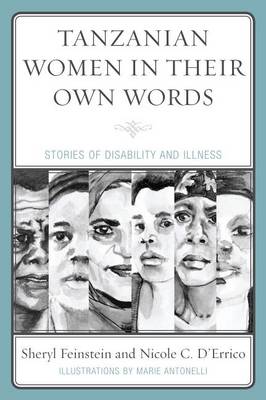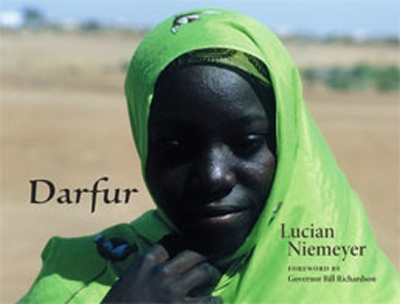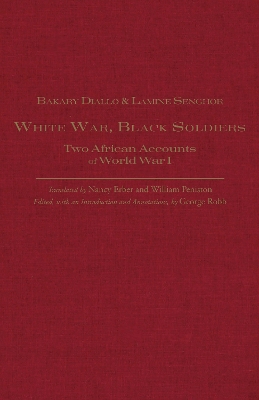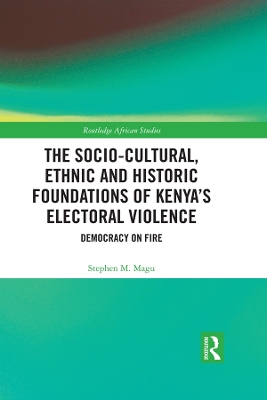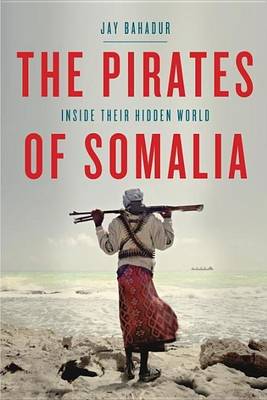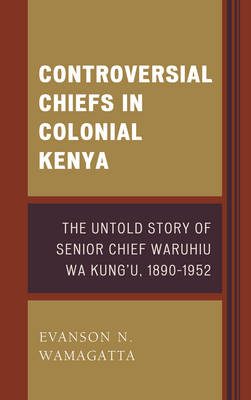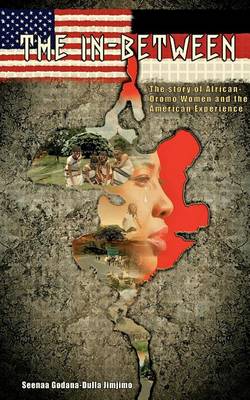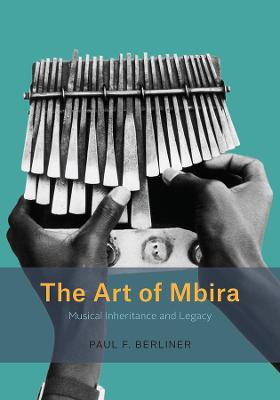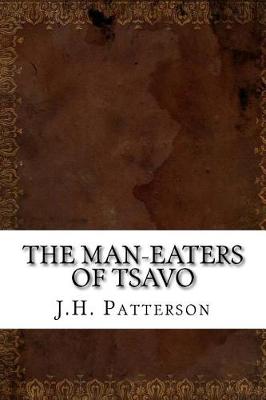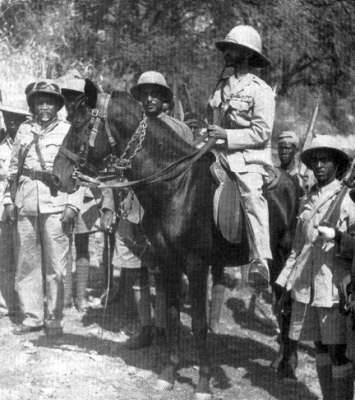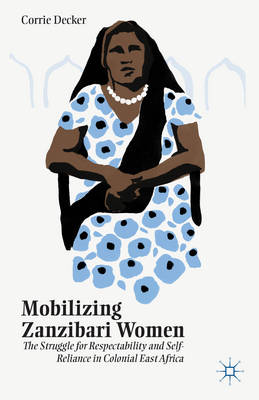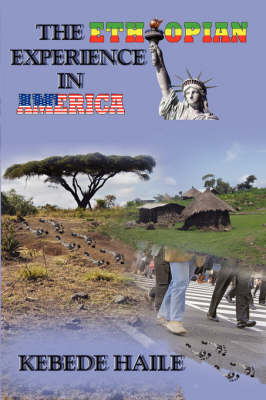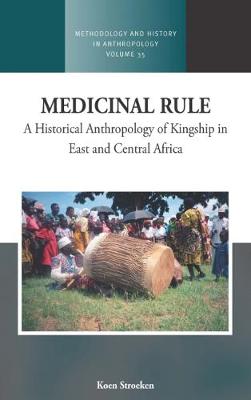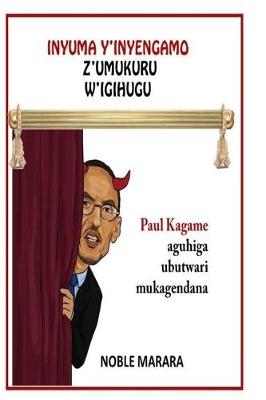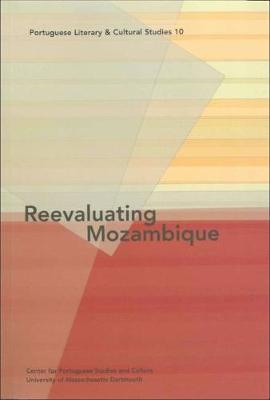A History of the Sudan
A History of the Sudan by Martin Daly and PM Holt, sixth edition, has been fully revised and updated and covers the most recent developments that have occurred in Sudan over the last nine years, including the crisis in Darfur. The most notable developments that this text covers includes the decades-long civil war in the South (with the signing of the Comprehensive Peace Agreement in January 2005); the emergence of the Sudan as an oil-producer and exporter, and its resulting higher profile in gl...
Tanzanian Women in Their Own Words
by Sheryl Feinstein and Nicole C D'Errico
Tanzanian Women in Their Own Words is a compilation of oral histories by Tanzanian women living with disabilities or chronic illnesses. Beginning with their earliest childhood memories, the narrators weave their life stories through adulthood, telling of the hardships and support systems in their daily lives. A rich knowledge of Tanzanian culture is embedded in each story; for instance the pivotal role tribal affiliation, polygamy, and poverty play in society is addressed. HIV/AIDS, cancer, poli...
Authoritarian Africa (African World Histories)
by Nic Cheeseman and Jonathan Fisher
For more than seventy years, authoritarian rule was the dominant form of government in sub-Saharan Africa. Three-quarters of African states have experienced some form of one-party or military rule since 1945. Accessible and engaging, Authoritarian Africa: Repression, Resistance, and the Power of Ideas is the first book to examine this subject from a historical perspective. Exploring the history and legacy of authoritarianism in Africa—from the colonial era until the onset of democracy in the ear...
Darfur, located in westernmost Sudan, is that nation's largest region, situated on the border with Chad. For centuries, northern Sudan has been predominantly Arab Muslim and the south, black African. Ruled as a colonial state by, primarily, Egypt and Britain, Sudan was granted independence in 1956 with Khartoum, in the northern Arab Muslim territory, as its seat of power. In 1983, the Sudanese government announced that all of Sudan would officially be a Muslim country. The 'sharia', the Muslim c...
Strength and Goodness ( Force-Bonte ) by Bakary Diallo is one of the only memoirs of World War I ever written or published by an African. It remains a pioneering work of African literature as well as a unique and invaluable historical document about colonialism and Africa's role in the Great War. Lamine Senghor's The Rape of a Country ( La Violation d'un pays ) is another pioneering French work by a Senegalese veteran of World War I, but one that offers a stark contrast to Strength and Goodness...
The Socio-Cultural, Ethnic and Historic Foundations of Kenya’s Electoral Violence (Routledge African Studies)
by Stephen Magu
Kenya’s 2007 General Election results announcement precipitated the worst ethnic conflict in the country’s history; 1,133 people were killed, while 600,000 were internally displaced. Within 2 months, the incumbent and the challenger had agreed to a power-sharing agreement and a Government of National Unity. This book investigates the role of socio-cultural origins of ethnic conflict during electoral periods in Kenya beginning with the multi-party era of democratization and the first multi-part...
Kenya supplies more than 35 percent of the fresh-cut roses and other flowers sold annually in the European Union. This industry—which employs at least 90,000 workers, most of whom are women—is lucrative but enduringly controversial. More than half the flowers are grown near the shores of Lake Naivasha, a freshwater lake northwest of Nairobi recognized as a Ramsar site, a wetland of international importance. Critics decry the environmental side effects of floriculture, and human rights activists...
Senior Chief Waruhiu wa Kung'u is one of colonial Kenya's most controversial chiefs. His name has gone down in history as a traitor who was assassinated because he sold his country to the British colonizers. This book is the untold story of the controversial life of Senior Chief Waruhiu who served the colonial government for thirty years. He believed his white superiors' authority was God-given and to disobey them was tantamount to disobeying God himself. That was why he was considered loyal, ob...
The Art of Mbira (Chicago Studies in Ethnomusicology)
by Paul F Berliner
Growing out of the collaborative research of an American ethnomusicologist and Zimbabwean musician, Paul F. Berliner's The Art of Mbira documents the repertory for a keyboard instrument known generally as mbira. At the heart of this work lies the analysis of the improvisatory processes that propel mbira music's magnificent creativity. In this book, Berliner provides insight into the communities of study, performance, and worship that surround mbira. He chronicles how master player Costas Magay...
A Modern History of Ethiopia (International Library of African Studies, v. 9)
by Patrick Gilkes
The revolution starting in 1974 and ending with the flight of Mengistu Haile Mariam to Zimbabwe in 1991 is the central element in Ethiopia's recent history. In this 17 years, Ethiopia experienced upheavals comparable to that of Russia after 1917 - the overthrow of a well-established monarchy and most of its leading figures imprisoned, exiled or executed - followed by a violent struggle for control of the new regime, the means of production nationalized, private land ownership abolished urban lan...
Overland through Egypt and Sudan, by camel into Ethiopia (in the last days of Haile Selassie) and Kenya to Tanganyika. In 1971, Tucker was invited by a Greek contemporary at Oxford to join him in Tanganyika. Marios Ghikas owned so much land there that when he went for a walk in his garden he effectively went on safari. 'I'm about to be Africanized,' he tells Tucker. 'And I was saving the last banana for you. Come and help me spend this unremittable fortune.' The Greeks, Marios had told him, were...
Despite the vast literature that exists on the history of colonial Africa, the experiences of women in the era before independence remain a woefully understudied facet of that history. This innovative and carefully argued study thus adds tremendously to our understanding of colonial history by focusing on women's education, professionalization, and political mobilization in the East African islands of Zanzibar under Arab and British rule. It begins by examining the girls' schools that were estab...
Medicinal Rule (Methodology & History in Anthropology, #35)
by Koen Stroeken
As soon as Europeans set foot on African soil, they looked for the equivalents of their kings - and found them. The resulting misunderstandings have lasted until this day. Based on ethnography-driven regional comparison and a critical re-examination of classic monographs on some forty cultural groups, this volume makes the arresting claim that across equatorial Africa the model of rule has been medicine - and not the colonizer's despotic administrator, the missionary's divine king, or Vansina'...
Reevaluating Mozambique
Ethiopian Jewish Ascetic Religious Communities (Jewish Engagements)
by Bar Kribus

